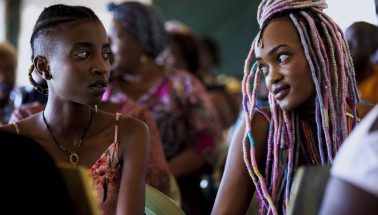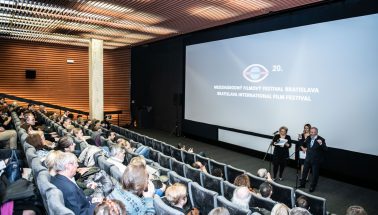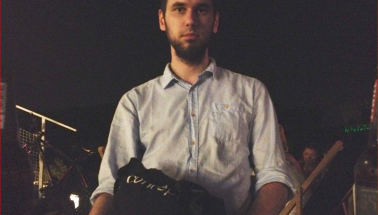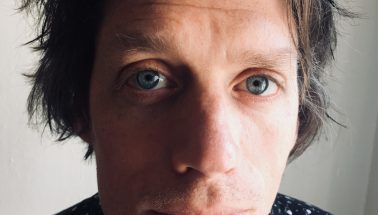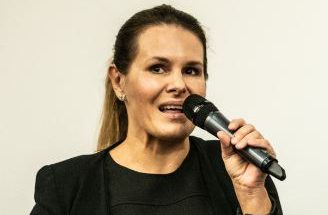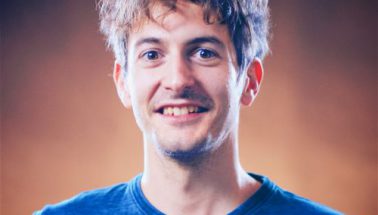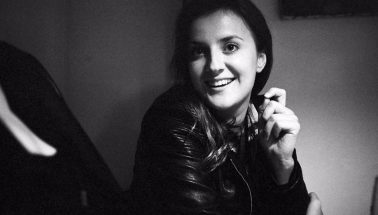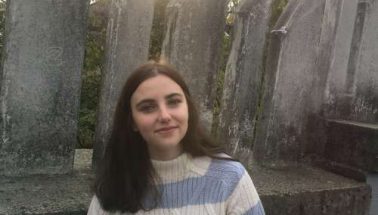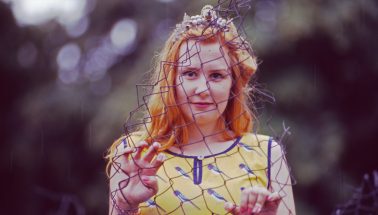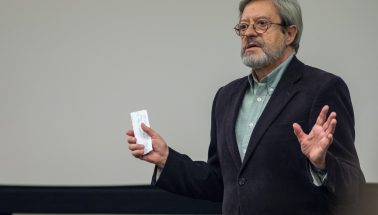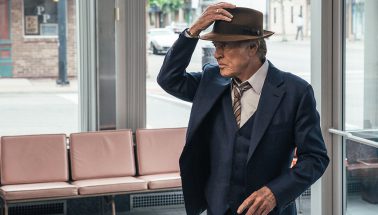If the chief ambition of the Bratislava film festival’s “Europa” section is to bring the crème de la crème of contemporary European film production, then 13 Minutes was certainly a worthy choice.
The film marks director Oliver Hirschbiegel’s return in several ways – not only from Hollywood to Europe and from small to the big screen but also to his native German language, to the theme of World War II and particularly to its most infamous persona, Adolf Hitler. The last time he dwelled on this theme was in Downfall (Der Untergang, 2004), dramatic rendering of Hitler’s final days in his Berlin bunkerthat was nominated for Academy Award for the best foreign language film.
His latest release, however, is not as much about Führer as about a man who tried – equally unsuccessfully as anyone else – to kill him. Georg Elser planted a time bomb behind the lectern in the Munich municipal beer cellar where Hitler would give a speech on November 8, 1939, an anniversary of the 1923failed Nazi coup. Had he set at least one of the two time machines right, the 20th century history curricula would have most probably had a significantly different content today.
While the story of Claus von Stauffenberg and his thwarted attempt to assassinate Hitler have been rather well exposed to the general public, the story of GeorgElserhas remained unknown to many. In this respect, Hirschbiegel turns quite an interesting stone in the mosaic of WWII history, mapping out the rise and proliferation of the Nazi ideology through the eyes of a simple yetsensitivevillager who desperately attempted to change that picture.
Georg (Christian Friedel), an ordinary carpenter and an occasional musician, is a young Swabian man who on the one hand continues to practice his religioneven at times when it is no longer considered “advisable” but on the other hand has a way with women he charms with his musical talent. On one such occasion,the bohemian youngster falls for Elsa (Katharina Schüttler), a mother of two who is unhappily married to a local drunkard.
The telling of Georg’s story begins practically at the end and then rewinds backward. In the opening sequence, we see the arrest of a failed assassin. As he is interrogated by Gestapo, he recalls memories of his earlier life that add more and more layers to his character. The director keepsuncovering details abouthis strong believe in God,his despise for the alcoholic father or his passionate love for Elsa; through his flashbacks,we learn how National Socialism slowly poisoned social life even in the most remote corners of the Third Reich and gradually understand why Georgchose to turn away from the love of his life in order to follow through with his desperate plan.
In terms of structure, Hirschbiegelfollows two basic storylines – that of Georg’s love for Elsa and that of his endeavour to eliminate the evil embodied by Hitler. The concomitant circumstances of the thirteen minutes that could have changed the course of historyare depicted in a deeply convincing fashion and appeal not only to viewers’ intellect but also to their emotions. In 108 minutes, the director floods the screen with a succession of strong scenesthat keep the audience at the edge of their seatsand completely sucked into the story, despite occasionally having to turn their sights away in expectation of a sadistic scene.
While a motion picture of this type and magnitude obviously cannot do withoutsome portion of fiction, its fundamental story is based on true historical events; the final credits include some interesting facts from the lives of both leading characters.
By Anna Predmerská
Translated by Daniel Borský

